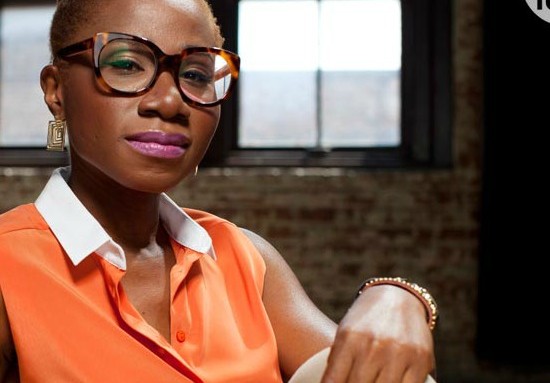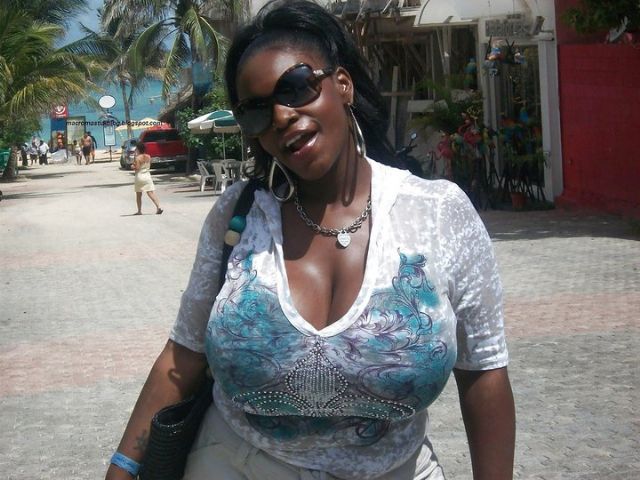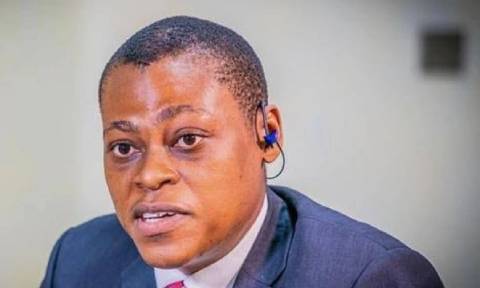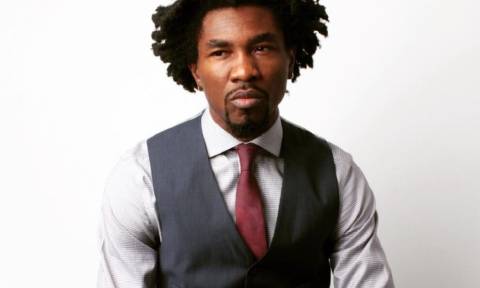
“Never, never, never!” I can’t forget her cry of fear before she left the Dutch courtroom. That was back in 2009. Josephine had just testified against Solomon, the fellow Nigerian she said took her to Italy where she was forced into street prostitution.
On Monday, Ada Solomon Osaikhwuwuomwan was found guilty of smuggling Josephine and 16 other women, and sentenced to seven years in prison, one year short of the maximum sentence in the Netherlands for this offence. Seven other members of his gang, incluging his wife, received shorter sentences for smuggling, people trafficking and for being members of a criminal organisation.
For Warner ten Cate, Dutch National Public Prosecutor for trafficking in human beings and people smuggling, this is a major victory – especially the fact that the court of appeal in Leeuwarden found Solomon guilty of human trafficking and not smuggling. Trafficking, when victims are forced to work as prostitutes or forced labour, is a crime against human dignity, he says.
Unorthodox strategy He is most proud of the fact that the high court accepted the unorthodox strategy used by the prosecution to convince fearful and often traumatised probable victims of trafficking to talk. For the first time, it seems, Dutch police looked at cultural traditions that could help explain their reluctance to disclose valuable information.
In the course of the investigation, they realised that traditional practices such as voodoo or juju had been used to the benefit of the alleged traffickers. The girls had been forced to take oaths to promise they would pay back the 50,000 euros that had been ‘invested’ in their travel expenses. They also promised to keep silent about the identity of their ‘sponsors’.
Moral authority To break the power of juju, Dutch police introduced the girls to a Nigerian priest living in the Netherlands and to a woman who had been a victim of trafficking. They apparently helped convince at least 10 of them to bring charges against those who had lured them in to prostitution, and to their conviction today.
Ten Cate: “The pastor told them nothing would happen to them if they broke the oath and they could trust Dutch police completely. If we had said that they would not have believed us, but they believed him because of his moral authority. Without this, we would have ended up empty-handed. We stuck our necks out and we were successful.”
As a result of the ‘Koolvis’ investigation, there are more targeted controls at Amsterdam’s Schiphol airport. Nigerians flying into the Netherlands nowadays are often subjected to serious questioning as to their travel motives.
Access denied Yet, after a short lull, reception centres for potential victims of trafficking are again full of Nigerian girls. It is believed the traffickers now use weaker entry points to bring Nigerian girls into the Netherlands: airports in Eastern Europe where authorities have less experience in detecting potential trafficking cases, Warner ten Cate suggests.
Last year, just a few people from Nigeria were convicted for human trafficking. This number is not likely to increase, critics say, if the Dutch government goes ahead with its plans to limit access to ‘B9’. This is the procedure that grants potential victims of trafficking temporary shelter in the Netherlands if they agree to bring charges. The thinking behind the move to restrict access to this procedure is that Nigerian women misuse it in order to obtain residence permits.
No patience Ineke van Buren, coordinator of the Fier Fryslan network on human trafficking, feels no lessons have been learnt from the large-scale Koolvis investigation. “There is so much money to be made in trafficking humans that the problem is only getting better. I don’t think we invest enough to really stop the trafficking. She says it takes time for traumatised victims of trafficking to finally agree to talk and that police who don’t have the required patience tend to conclude hastily that a girl is just pretending she has been trafficked. “They say: ‘here is another African trying to take advantage of B9’.”
No one denies there is abuse, but insiders like van Buren and lawyer Wilma Hompen, who represented one Nigerian girl in the Koolvis trial, say it is certainly not the majority: “The government admits it doesn’t have any figures to prove that.”
Sceptical Warner ten Cate is sceptical : “people are often instructed not to cooperate with the police, so if you make it even more difficult for them to do so, it will not help us solve those cases.” He says that the new investigation protocol taking voodoo into account will be refined, but will not say more. “It would not be a very good idea to talk about how we investigate criminals on the World Service (RNW, ed.) because I think some criminals listen to it as well.”
Meanwhile, where are Josephine, Biggy, Queen, Joy, Patience, Charity, Beauty and the ten young Nigerian women who did agree to bring charges against Solomon and members of his criminal gang? Either in hiding with special protection somewhere in the Netherlands or back into prostitution, somewhere.
(hm/imm)
SOURCE : http://www.rnw.nl/africa/article/nigerian-trafficker-convicted-after-anti-voodoo-move
Click the link below to go to…
SHOCKER!!! Rev. Chris Okotie’s Love Child Expose? Woman Claims 3 Abortions For Him
Fact about my break up with Chris Okotie–Stephanie Henshaw
Okotie’s Crashed Marriage: Celebrities React
I’d Get Married Again In December-Pastor Kris Okotie
SHOCKER: Pastor Chris Okotie Dumps 2nd Wife



















